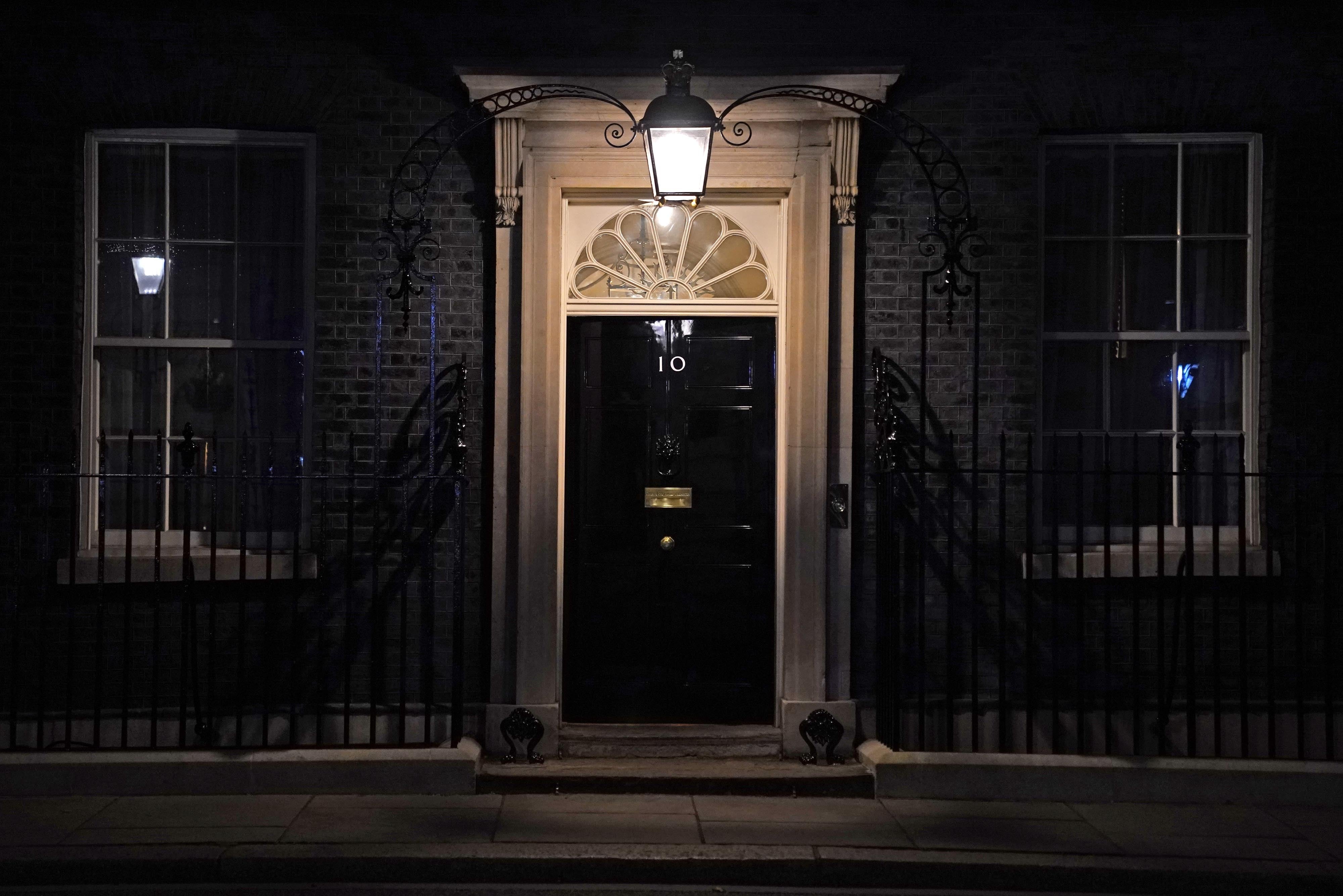Is there anyone left who wants to work in Downing Street?
A spate of ministerial resignations could tip the balance against Boris Johnson in a confidence vote, writes Andrew Grice


One of the more ludicrous claims made by Boris Johnson’s allies during the crisis engulfing him is that he is somehow the victim of a revenge attack by bitter Remainers. He even nodded to the idea in the Commons, saying that “many people may want me out of the way”.
The theory has now been buried for good by the explosive resignation of Munira Mirza as his head of policy; she is a Brexiteer, libertarian and chief architect of the government’s culture wars. The other three departures in Thursday night’s dramatic exodus from Downing Street were long planned over “partygate” – and rushed out to divert attention from Mirza’s principled resignation over Johnson’s baseless attack on Keir Starmer on the failure to prosecute the paedophile Jimmy Savile while he was director of public prosecutions.
Johnson would not have wanted to announce that Martin Reynolds, Dan Rosenfield and Jack Doyle were leaving over “partygate” without saying at the same time who would replace them. “It’s a distraction,” one Tory insider told me, adding that Mirza’s principled, surprise resignation had shaken Team Johnson to its core. Tory MPs called to one-to-one meetings so he can plead for their support report that he “plays the victim” and insists he did nothing wrong over the parties.
Amid what Whitehall insiders are calling an “end of days” atmosphere, it will be hard to persuade high calibre figures to move to Downing Street; they know Johnson could also be out of the door within a few weeks.
Johnson ’s other headache is that, with Reynolds, Rosenfield and Doyle gone, who will be left to take the rap when the Metropolitan Police and Sue Gray complete their inquiries? But that’s for later – another example of how the PM is merely surviving from one day to the next.
One thing is certain: it won’t be Johnson who voluntarily takes the fall, despite his claim he has taken “full responsibility” for “partygate”. In the eyes of many Tories, that was another reason why his “Savile smear” was so crass; Starmer’s apology over the Crown Prosecution Service’s failings underlined Johnson’s failure to take responsibility for the Downing Street parties. It was noticeable that, while Johnson pledged to review the code of conduct for civil servants and special advisers, he made no mention of the ministerial code by which he is supposedly bound.
Johnson’s diminishing band of loyalists insist his shake-up shows he is delivering what he promised when Gray’s initial report was published this week. But his hurried “plan” is full of contradictions. His announcement that the campaign strategist Lynton Crosby is returning briefly placated Tory MPs but now some are angry because Crosby is in his native Australia, not due in the UK until end of the month and will not be a full-time adviser.
Johnson has pledged to create a prime minister’s department after Gray’s criticism. It’s hardly a new idea; it has been around since 1960. The number of staff working at No 10 has grown from about 100 to 400 since John Major’s administration in the 1990s, and now includes about 50 party political special advisers.
To keep up to speed with all the latest opinions and comment sign up to our free weekly Voices Dispatches newsletter by clicking here
Formalising this concentration of power would undermine Johnson’s other promises – restoring proper cabinet government, improving relations with parliament and giving restless Tory backbenchers more influence over policy. Several former No 10 staffers tell me a slimmer operation would be more agile – and more effective – than the PM having an army of advisers, sometimes with different agendas, who interfere in the running of Whitehall departments instead of using their expertise.
Structural change will not deliver the change of culture needed; that must come from the very top. Yet Johnson’s attack on Starmer has persuaded some despairing Tory MPs that he will never change and will continue to make unforced errors. Ironically, Johnson’s fate might have to be sealed by a rather different assertion of cabinet power to what he has in mind – ministerial resignations.
Despite all his woes, Johnson could still win a vote of confidence among Tory MPs if it were held now, which is why some will not demand one until after the police and Gray complete their work. Some Johnson allies believe what they view as a “supine” cabinet lacks the courage to wield the knife, but they may be unpleasantly surprised; Rishi Sunak was right to distance himself from the PM’s remarks on Savile and Starmer.
A spate of ministerial resignations could tip the balance against Johnson in a confidence vote. It was her cabinet who ended Margaret Thatcher’s reign rather than a second round of voting among Tory MPs. Similarly, it may fall to his ministers to call time on Johnson’s premiership.
Join our commenting forum
Join thought-provoking conversations, follow other Independent readers and see their replies
Comments
Bookmark popover
Removed from bookmarks